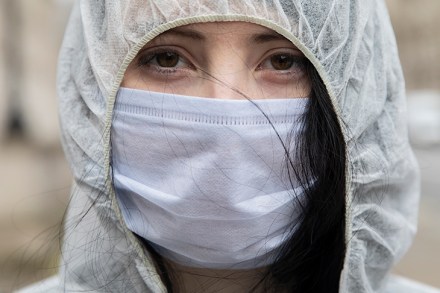Is this a once-in-a-generation chance to invest in central London?
Buy when there is gunfire on the streets, goes the old adage. But could this be a case of the right time to buy being when there is, well, hardly anything happening on the streets? Few investments have been as hard hit by Covid-19 as commercial property in central London. As shops and restaurants have been closed, and office staff made to work from home, landlords have struggled to collect their rent. In the six months to September, for example, Shaftesbury, which owns 600 buildings in the West End including 1.9 million square foot of retail and office space, managed to collect only 41 per cent of what was due,




















